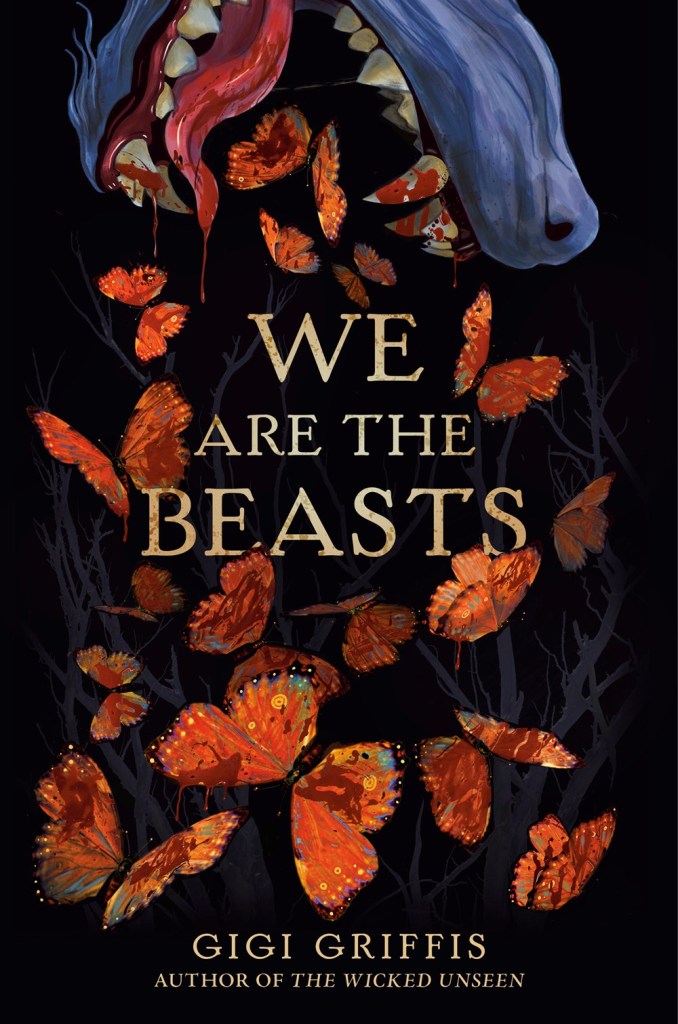
4/5 stars
Recommended if you like: historical fiction, feminist stories, girls saving girls, real life mysteries
Big thanks to Netgalley, Delacorte, and the author for an ARC in exchange for an honest review!
This book is about the harm that befalls women at the hands of their so-called protectors, but it’s also about women standing up for each other and it’s about community. Joséphine and Clara immediately spring to the aid of a battered six-year-old girl, and the number of people they protect only grows from there. But as the number of people they protect grows, so does the number of people stepping up to protect others, and Joséphine and Clara themselves. That being said, there’s definitely a lot of telling going on re: the theme of the book. Particularly at the beginning I felt I was being hit over the head with the moral point of the story, though later on it feels developed in a more natural way. I definitely think my rating would’ve been stronger if it was all showing, but that first 20% or so really isn’t strong in that department and brought me out of the story a little.
I enjoyed seeing the relationships develop in this book. Joséphine and Clara are already best friends teetering on the brink of something more, but their circle grows with the more people they help. Some of the friendships they develop are surprising, some are not quite friendships but alliances with surprising strength to them. The connections felt different and I liked seeing the ways they came together and grew.
This is a historical fiction book and so it has some real people mixed in with the fictional ones. That being said, I enjoyed the way certain things are set up to give nods to other ‘beast’ stories. For instance, one of the characters is named Belle and one of the (very obnoxious) hunters makes his entrance with a loud gunshot à la Gaston. Likewise, I also got some Little Red Riding Hood vibes at times with Joséphine especially, but I also kind of think Charlotte fits that vibe as well.
The Beast of Gévaudan was a real series of events that took place in France at the time and to this day there’s speculation about what the beast roaming the French countryside actually was. National Geographic actually did an article on it in one of their recent History magazines. I wasn’t sure what direction Griffis was going to go in for the beast, or if the beast was even going to be fully shown at all or just the aftermath. I was actually kind of wary to see what would happen with the beast, but I was pleasantly surprised to find that I liked the direction Griffis took. Historically it makes a lot of sense, but it also serves very well with the theme of the novel (there’s that nice showing) and I really enjoyed seeing how she connected this very real series of events to the fictional story she told in the book.
Joséphine is more than a little reckless when it comes to saving people or things she cares about. Our intro to her in the book is essentially her throwing herself over a cliffside to save one of her baby lambs that wandered off the side. While reckless, it’s clear she has a big heart and is more than willing to stick her neck on the line for what she believes in and those she loves. That being said, Joséphine also carries trauma from her childhood and some of that reckless-savior-behavior comes from feeling like she needs to be more than enough to keep her loved ones around. Overcoming that and realizing that other people want to help if she’ll open up and let them is one of her biggest struggles in this book. She can also be a bit blind to others at times.
Clara is a good balancing influence to Joséphine’s recklessness and provides a more level head for planning. She’s a healer and secret-keeper for those of the village, and knows enough of it’s goings-on that she’s immediately on board with Joséphine, but wants to be more strategic about things. I liked Clara’s steadfastness and calmer brand of doing things.
One minor pet peeve: Joséphine says “Not today Satan” within the first two minutes of the book. Please, I am begging authors not to use modern slang and meme culture in historical fiction books, particularly not ones set in the 1760s. In France. Frankly, I don’t want modern slang or meme culture in any of my fiction, even fiction set in modern day, because it 1) dates the book and 2) always feels forced to me. But especially don’t include it in historical fiction.
Overall this is an entertaining book with a feminist storyline. The characters develop strong relationships with one another, sometimes in surprising places, and that is the core of the story. The ‘telling’ of the theme is a bit much in the beginning of the story, but it does even out later on.